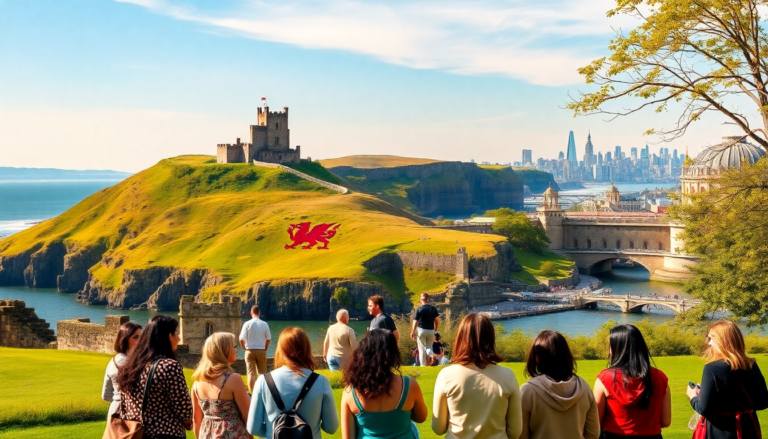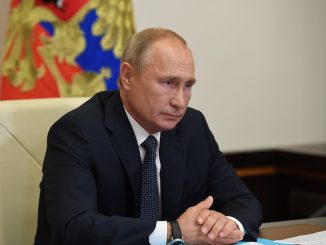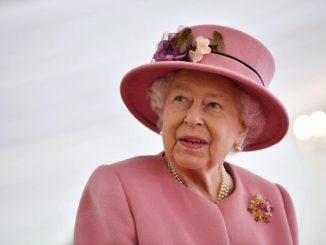Uncover the fascinating history of the United Kingdom, from its ancient roots to its modern-day significance.

Topics covered
The United Kingdom, often referred to as the UK, is a fascinating blend of history, culture, and diversity. Nestled in Northwestern Europe, this sovereign nation comprises four distinct regions: England, Scotland, Wales, and Northern Ireland. With a total area of approximately 94,354 square miles, the UK boasts a rich historical tapestry that has evolved over thousands of years.
The capital city, London, stands as a testament to this history, serving as a cultural and economic hub not just for the nation but for the world.
A historical overview of the UK
Human habitation in the UK dates back to the Neolithic era, with evidence of significant cultural developments over time.
The Roman conquest in AD 43 marked a pivotal point, introducing new governance and infrastructure that laid the groundwork for future development. Following the Roman withdrawal, the Anglo-Saxon settlement began, leading to the formation of various kingdoms across Britain.
The significant Norman conquest of 1066 further transformed the landscape, establishing a new ruling class and integrating Norman culture into British society. With the end of the Wars of the Roses, England began to stabilize politically, eventually leading to the annexation of Wales and the establishment of the British Empire in the following centuries. This empire stood as a dominant force globally, particularly during the 19th century, when it was at its zenith.
Industrial Revolution and global influence
The 18th century heralded the Industrial Revolution, positioning the UK as the first industrialized nation. This shift not only transformed the economy but also influenced social structures and cultural dynamics. During the Pax Britannica, which lasted from 1815 to 1914, the British Empire expanded its reach, becoming the largest empire in history and a significant global power.
However, the consequences of the World Wars and subsequent decolonization reshaped the UK’s role on the world stage. The empire, once a symbol of British dominance, began to dissolve, leading to the independence of many colonies and a re-evaluation of national identity.
Modern-day United Kingdom
Today, the UK is known for its constitutional monarchy and parliamentary democracy. The political structure consists of three main jurisdictions: England and Wales, Scotland, and Northern Ireland, each with its own devolved government. This unique arrangement allows for a rich variety of cultural expressions and political governance.
As a developed nation, the UK has one of the largest economies globally, characterized by a strong service sector and significant contributions from manufacturing and technology. The British cultural influence remains pervasive, with the English language being the most widely spoken globally, alongside a vibrant arts scene that continues to thrive.
Challenges and achievements
Despite its rich history, the UK faces contemporary challenges, including economic disparities, debates over immigration, and the ongoing implications of Brexit. The decision to leave the European Union in 2016 marked a significant turning point, leading to various discussions about national identity, trade, and governance.
Nevertheless, the UK’s ability to adapt and its commitment to innovation have driven many sectors forward, particularly in technology and renewable energy. The emphasis on sustainability and addressing climate change has become a critical focus, reflecting a shift towards a more responsible and forward-thinking approach to governance and industry.
The cultural landscape
Culturally, the UK is a mosaic of traditions, languages, and identities. The interplay between its regions fosters a rich cultural diversity, celebrated through festivals, literature, music, and cuisine. From Shakespearean plays to contemporary music festivals, the arts remain a significant part of British life.
Additionally, the UK’s commitment to education is evident through its world-renowned universities, which attract students from across the globe. This educational framework not only bolsters the economy but also enhances cultural exchange, fostering a more inclusive society.
A glimpse into the future
As the UK continues to navigate its path in the 21st century, it remains a vital player on the world stage. The nuances of its history, the vibrancy of its culture, and the resilience of its people contribute to a dynamic nation poised for future challenges and opportunities. With ongoing discussions about identity, governance, and global influence, the United Kingdom stands as a testament to the enduring power of heritage and innovation.




